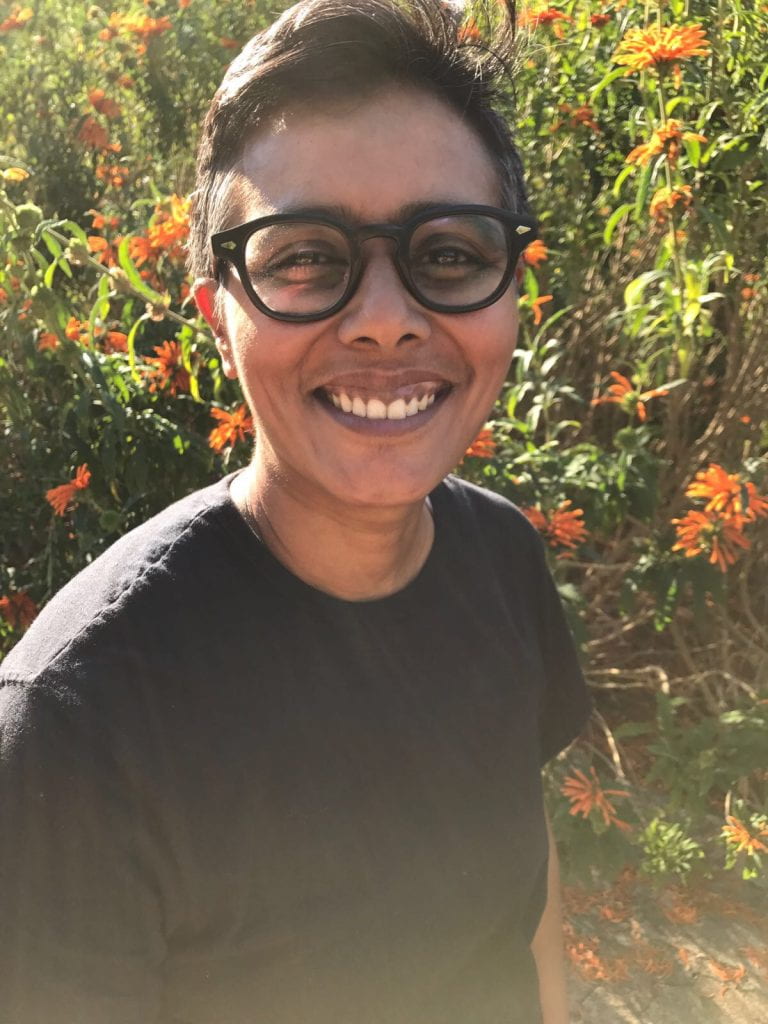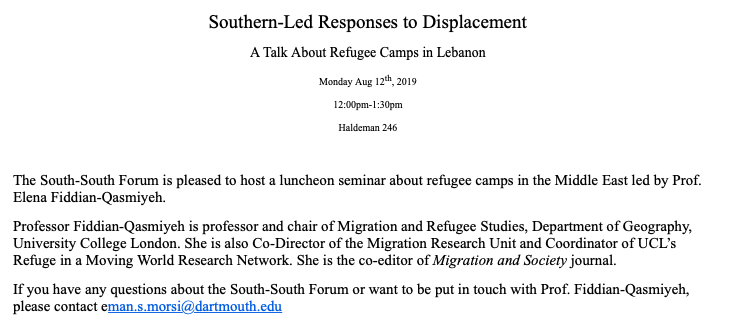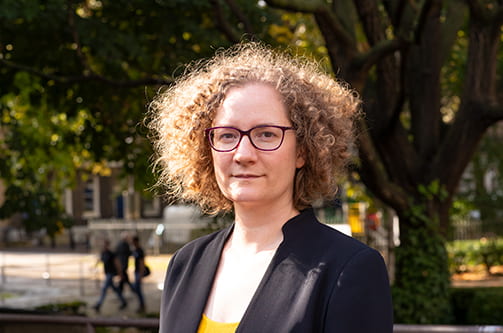Image Negotiation in the Moroccan Sahara -A Talk by Dr. Mokhtar Bouba
Eman S. Morsi
I am an Assistant Professor at Dartmouth College. I study modern Arab and Latin American literary and cultural production with special focus on Third Worldist projects of the mid 20th century. My scholarly interests engage with questions raised in the fields of Post/De-colonial studies, Third World studies, Comparative Literature, TransArea studies, Utopian studies, Political Philosophy, Food studies, Feminist theory and Embodiment studies.
My current book project, Utopia Incarnate: Everyday Consumption and the Body in Cuba and Egypt 1950s-1990s, traces the ubiquitous trope of carne/lahm—each word meaning both meat and flesh in Spanish/Arabic—across diverse literary and artistic works during and after the creation of the socialist states of Cuba and Egypt to explicate the paradoxical legacies of the “institutionalized revolutions” of the mid-twentieth century. Cuban and Egyptian writers, artists, playwrights, film directors, poets, and cartoonists used this trope to explore ideas such as the intersection of hunger and social justice, the body of the ruler as sacred incarnation of the sovereign nation-state; and abundance as code for success. In the early years of the new socialist states, such carnal tropes closed the gap between ideal and daily material realities. But in later years, they were used to underscore and critique the ever-widening distance between the imagined ideal of the revolutionary nation and the lived day-to-day realities of their populations. I argue that the endurance of such imagery from the late 1950s to the early 1990s demonstrates the persistence of the ideological frameworks of the revolutionary projects rather than their demise, as many scholars have claimed. In their shifting valences, I identify broader discursive strategies for finding the terms for, and coming to terms with, the often-unrealized dreams of “development” that characterizes much of what is today referred to as the “global South”. By highlighting historical similarities and mapping new comparisons and circuits between the literary and artistic corpora of the Arab world and Latin America, my book also aims to reimagine comparative methodologies beyond those of direct networks and influence.
Svati Shah

Svati P. Shah is a researcher, writer and teacher who works on questions of sexuality, time, gender formation, juridical recognition, and caste capitalism in India. Their first major research project examined sex work, urban informal economies and labor migration in the city of Mumbai. Their current work explores contemporary queer and transgender social movements in India, and their genealogical relationships to the history of India’s autonomous ‘new left,’ which emerged in the wake of the Indian Emergency (1975-77).
Dr. Shah is currently an Associate Professor Women’s, Gender and Sexuality Studies at the University of Massachusetts, Amherst, with adjunct appointments in the Departments of Anthropology and Afro-American Studies, and in the Social Thought and Political Economy Program (STPEC). In addition to the University of Massachusetts, Dr. Shah has also taught at NYU, Wellesley College, and Duke University in the US, as well as having served as a research associate at Jawaharlal Nehru University (JNU) in New Delhi, India. Dr. Shah’s international affiliations include African Centre for Migration and Society (ACMS) and the Wits Institute for Social and Economic Research (WiSER), both at the University of Witwatersrand in Johannesburg, South Africa. Dr. Shah’s research has been supported by the American Institute of Indian Studies and the Fulbright-Nehru Fellowship Program.
Alongside their scholarship and university teaching, Dr. Shah has also worked as a consultant researcher and teacher for feminist and queer human rights organizations based in India and in the US. In 2001, Dr. Shah served as a member of a QTPOC (queer and trans* people of color) delegation to the World Conference on Racism in Durban, South Africa, as well as being active in the World Social Forum in the early to mid 2000’s.
Their first monograph, Street Corner Secrets: Sex, Work and Migration in the City of Mumbai, was published in 2014 by Duke University Press and Orient Blackswan in India. Their articles have appeared in a range of scholarly journals, including Antipode, the Economic and Political Weekly, Interventions, and South Atlantic Quarterly.
Elena Fiddian-Qasmiyeh
Prof. Elena Fiddian-Qasmiyeh is Professor of Migration and Refugee Studies at University College London, where she is the Principal Investigator of the ERC-funded Southern Responses to Displacement project (@SouthernResp) and of the AHRC-ESRC-funded project, Local Community Experiences of and Responses to Displacement from Syria (@RefugeeHosts); she is also Co-Director of the Migration Research Unit and Director of the Refuge in a Moving World interdisciplinary research network based at UCL’s Institute of Advanced Studies. Elena is a leading figure in the field of migration and refugee studies, having been awarded the Philip Leverhulme Prize in 2015, in recognition of her research into humanitarian responses to the Syrian refugee crisis in the Middle East, and the 2013 Lisa Gilad Prize by the International Association for the Study of Forced Migration (IASFM) for ‘the most innovative and thoughtful contribution to the advancement of refugee studies.’
Since the mid-2000s, Elena’s research has focused on experiences of and responses to conflict-induced displacement, with a particular focus on the Middle East. She has conducted extensive research in refugee camps and urban areas including in Algeria, Cuba, Egypt, France, Lebanon, South Africa, Syria, Sweden, and the UK. Drawing on a critical theoretical perspective, her work contributes to key debates surrounding refugees’ and local host community members’ experiences of conflict-induced displacement, the nature of refugee-host-donor relations, and both North-South and South-South responses to forced migration.
Her Southern Responses to Displacement project examines how responses to Syrian refugees have been developed and implemented by diverse states from across the co-called ‘global South’ (ie from Algeria to Cuba to Malaysia), regional organisations (such as the African Union and the Arab League), transnational civil society networks (including faith-based networks), and local community members and established refugee groups themselves. The project builds upon Elena’s long-standing research into both ‘South-South humanitarianism’ and ‘Southern’ approaches to researching displacement, which she has explored, inter alia, in South-South Educational Migration, Humanitarianism and Development: Views from the Caribbean, North Africa and the Middle East (Routledge, 2015, 2017), The Routledge Handbook of South-South Relations (Routledge, 2019) and in her introduction to the 2020 special issue of Migration and Society on ‘Recentering the South in studies of Migration’. You can follow Elena’s work at www.southernresponses.org and @FiddianQasmiyeh.
Elena’s recent publications include:
Refuge in a Moving World. Tracing refugee and migrant journeys across disciplines. (UCL Press, 2020) Open Access and free to download here.
The Routledge Handbook of South-South Relations (Routledge, 2019) (co-editor with Patricia Daley)
South-South Educational Migration, Humanitarianism and Development: Views from the Caribbean, North Africa and the Middle East (Routledge, 2015, 2017)
The Ideal Refugees: Gender, Islam and the Sahrawi Politics of Survival (Syracuse University Press, 2014)
Elena is also the co-editor of The Oxford Handbook of Refugee and Forced Migration Studies (Oxford University Press, 2014, 2016), and of Intersections of Religion and Migration: Issues at the Global Crossroads (Palgrave, 2016).




